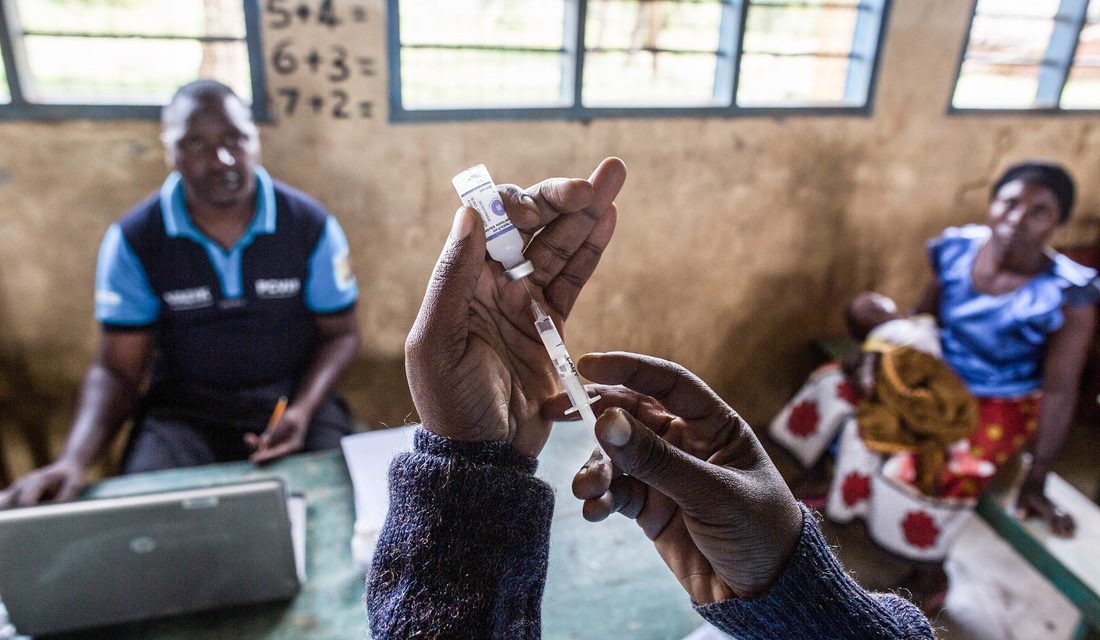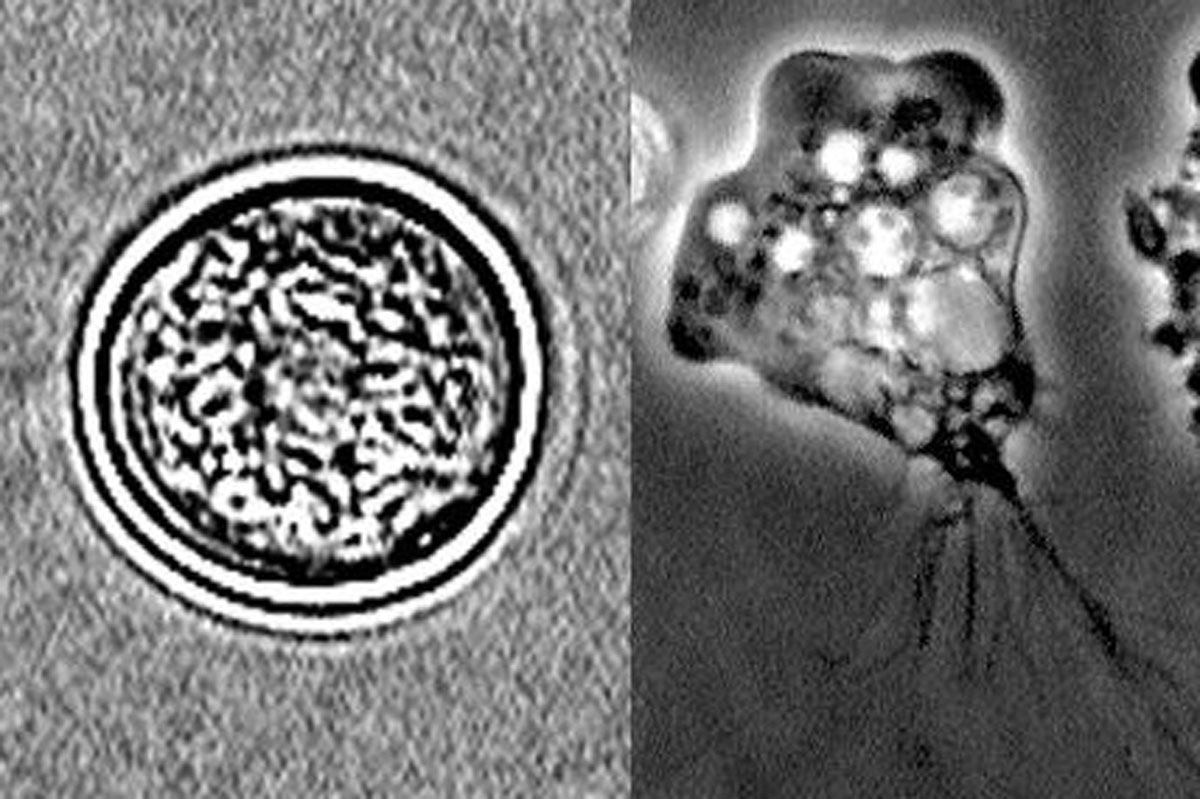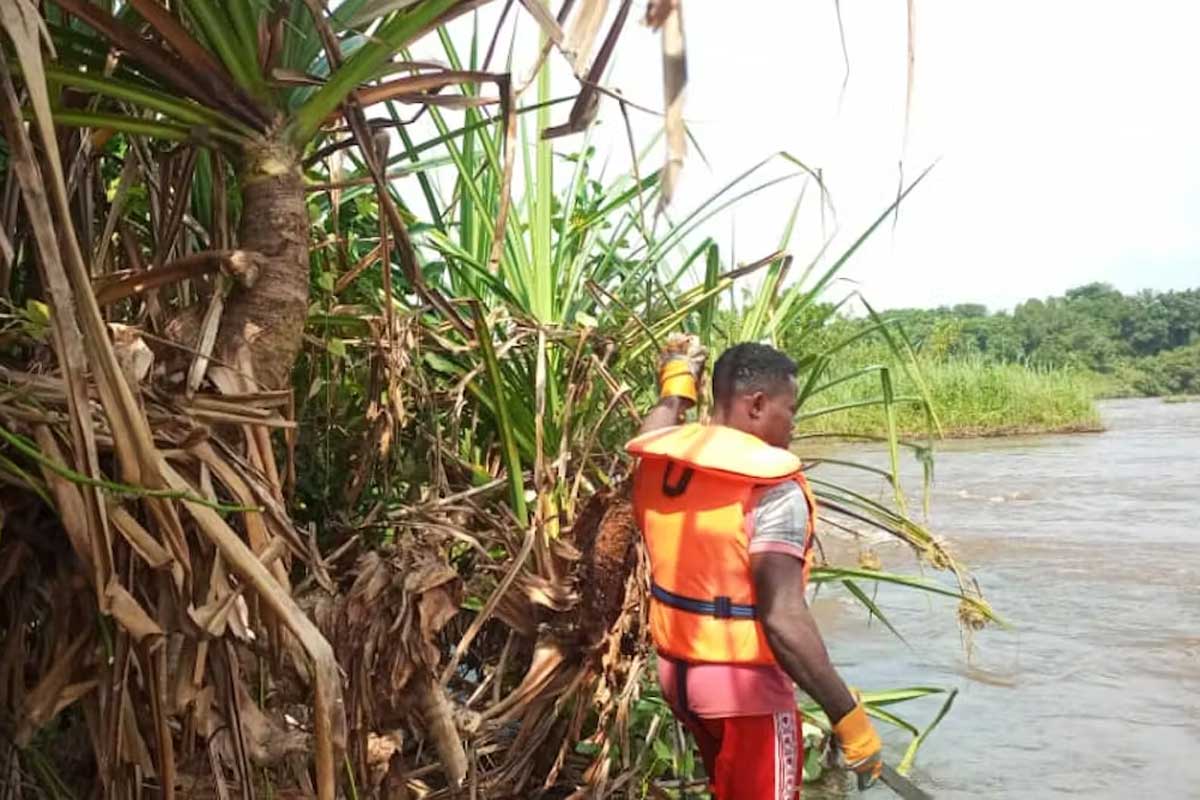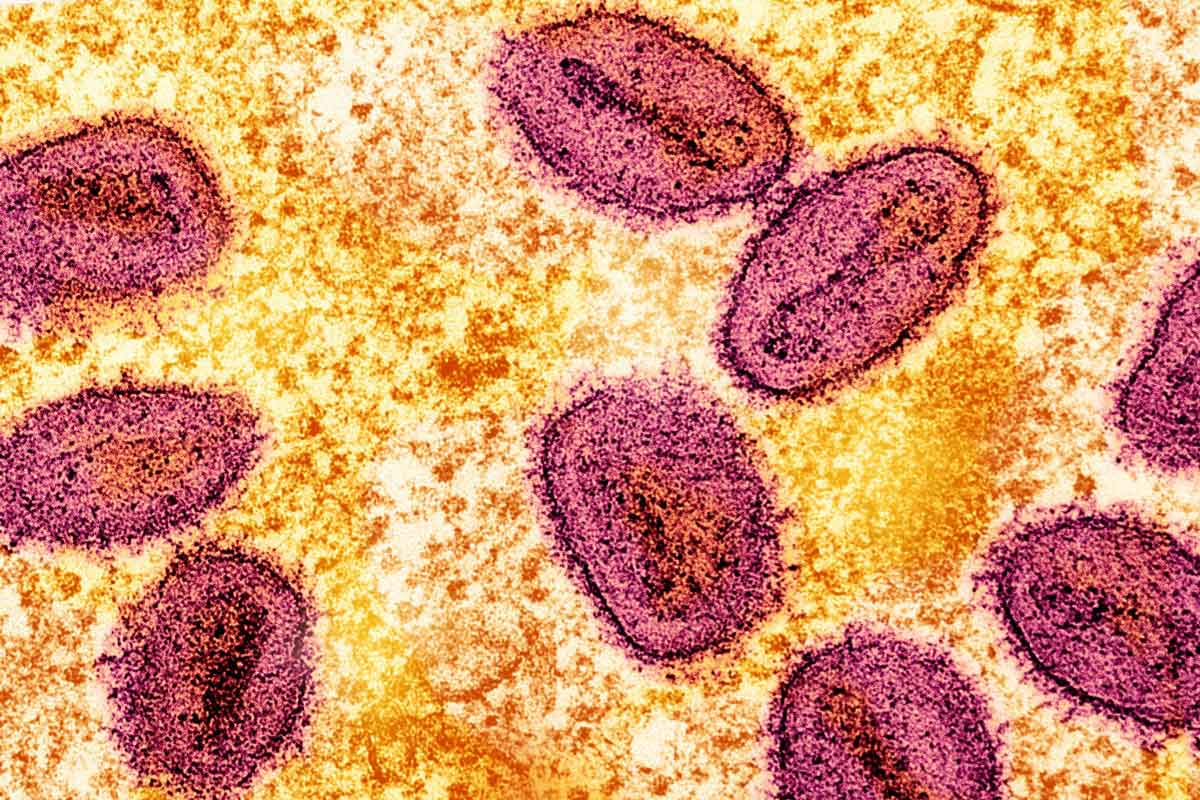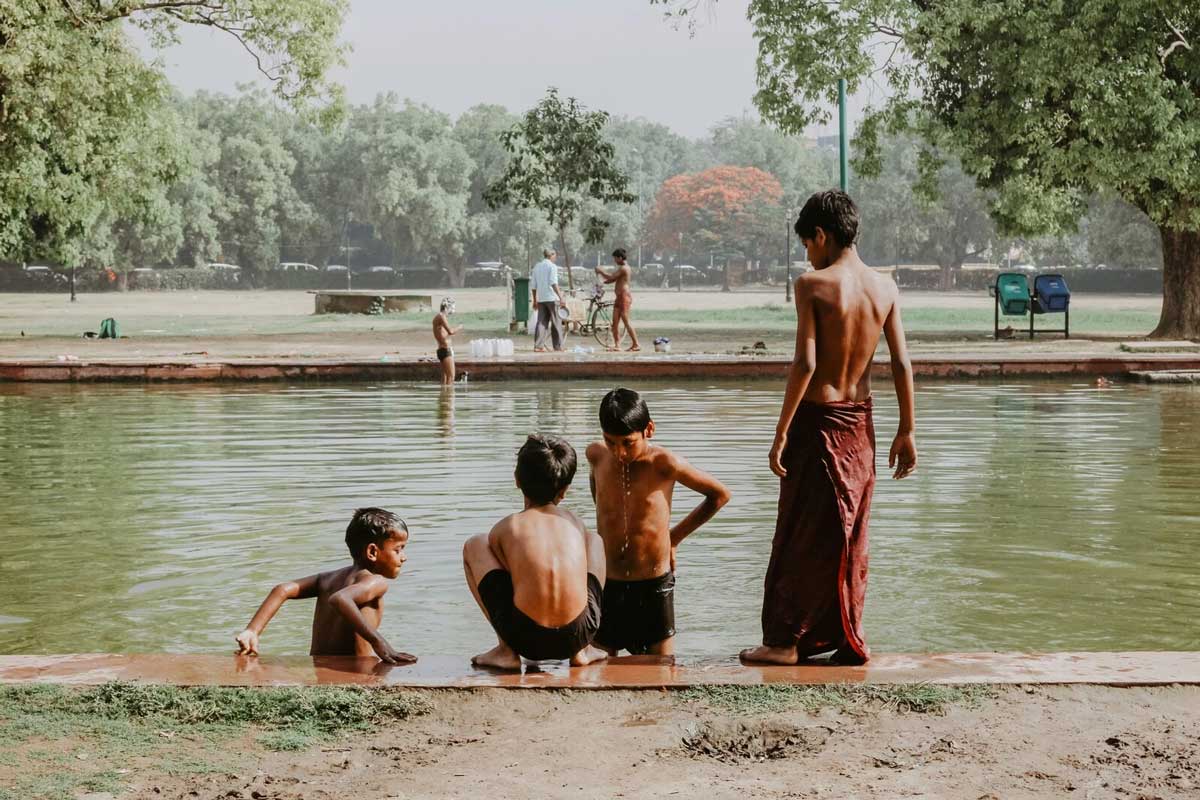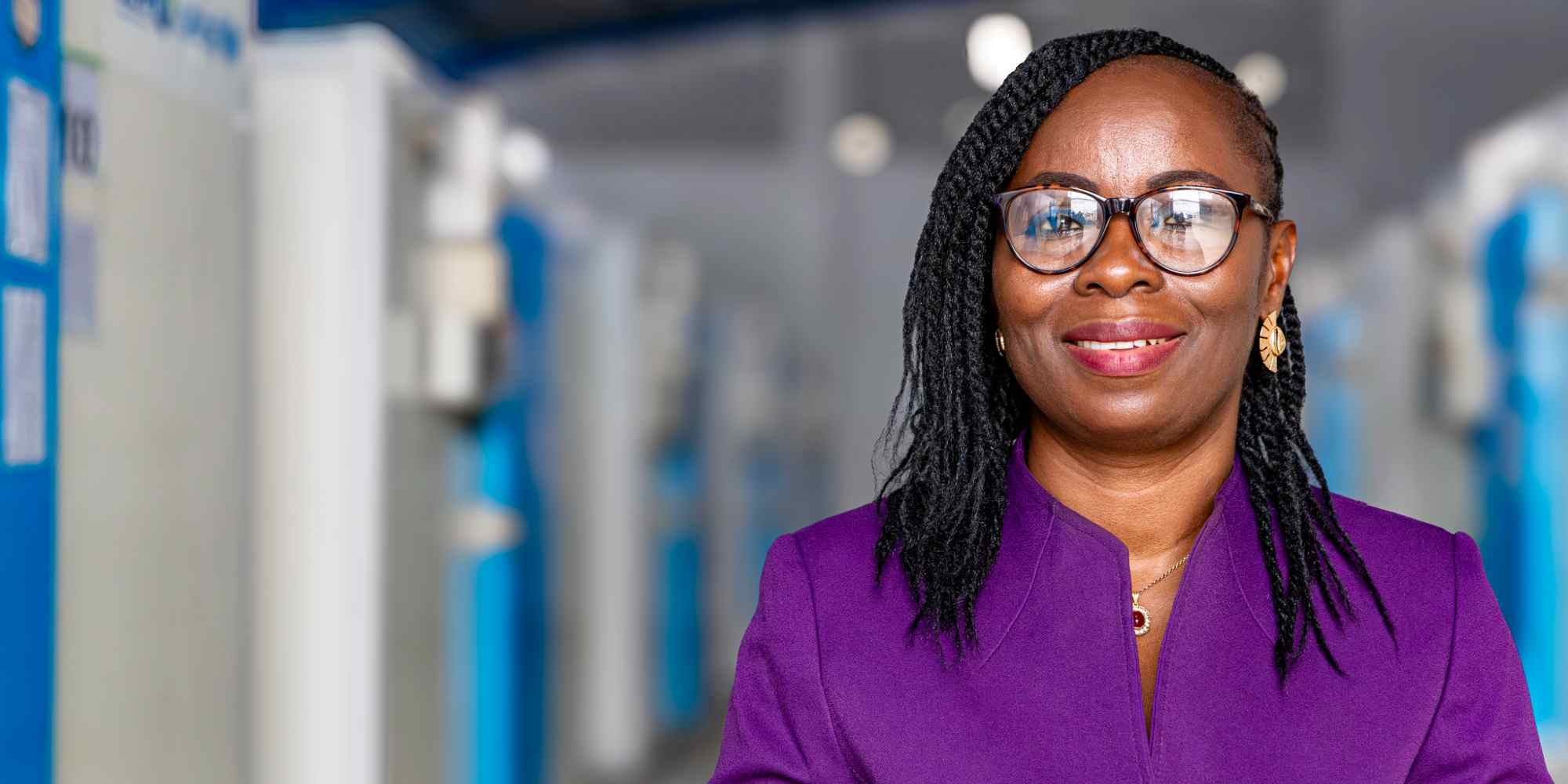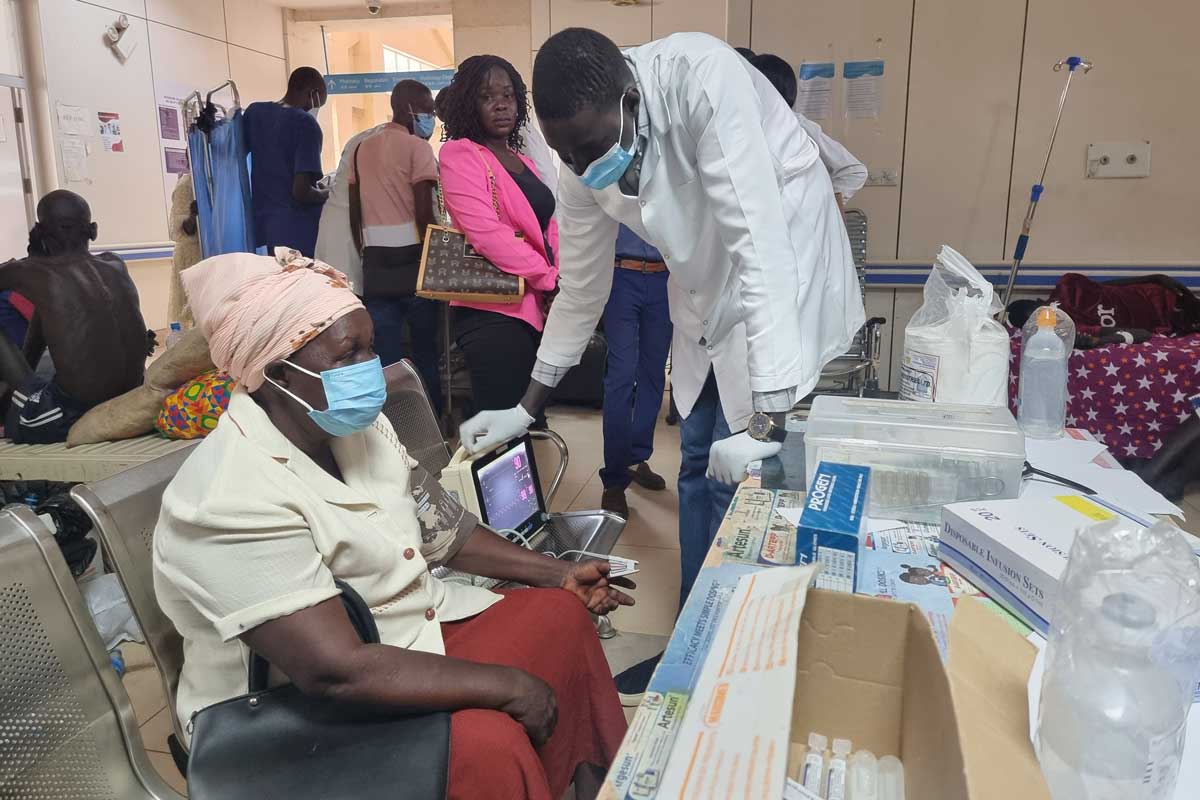A pneumococcal vaccine is prepared in Kenya. Photo: Gavi/Evelyn Hockstein.
Ahead of World Pneumonia Day on 12th November, we spoke to Professor Andrew Pollard of Oxford University about his work in studying the impact of pneumococcal vaccines on the fight against pneumonia in developing countries:
Why did you choose to work on the prevention of infectious diseases like pneumonia and, in particular, child vaccination?
I am a paediatrician specialising in caring for children with infectious diseases and researching vaccines to improve human health. I have looked after children in wealthy and resource poor countries for my whole career and have become convinced that implementation of vaccine programmes has more impact on child health than the work of any individual doctor. The demonstration of vaccine impact has the potential to inform improved uptake and delivery of vaccines to those who most need them.
Pneumonia continues to kill many hundreds of thousands of children every year. Why do you think more of these cases aren’t prevented, especially when some strains of pneumonia are vaccine-preventable?
A large number of deaths from pneumonia are potentially vaccine-preventable. However, getting pneumonia vaccines at the right time and in the right place, to all of the world’s children has still not been achieved. We need to strengthen the systems to get these life-saving vaccines to all now.
Some types of pneumonia are not vaccine-preventable yet and we need to continue investment in the research and development for new pneumonia vaccines.
In your experience, what difference can vaccine impact studies have on both operational and political decision-making in poorer countries? Are there any examples in the case of pneumonia?
Vaccine impact studies are of great important in highlighting the potential for a new programme to improve health and to provide a scientific rationale for vaccination in settings where vaccines have not been previously evaluated. For governments and funders, the impact studies provide evidence that the investment is appropriate and that programmes ARE cost-effective and should be sustained. Successful implementation and impact in one country can support political decision making elsewhere in the region and potentially inform public opinion.
What kind of vaccine progress would you like to see this time next year?
I would like to see more lives saved because we vaccinated more children using the tools we have today, and that we invested in the research and development that means we can do better in the future.
Find out more about Gavi’s work supporting pneumococcal vaccines here, or watch the Nepal video featuring Professor Pollard below:
